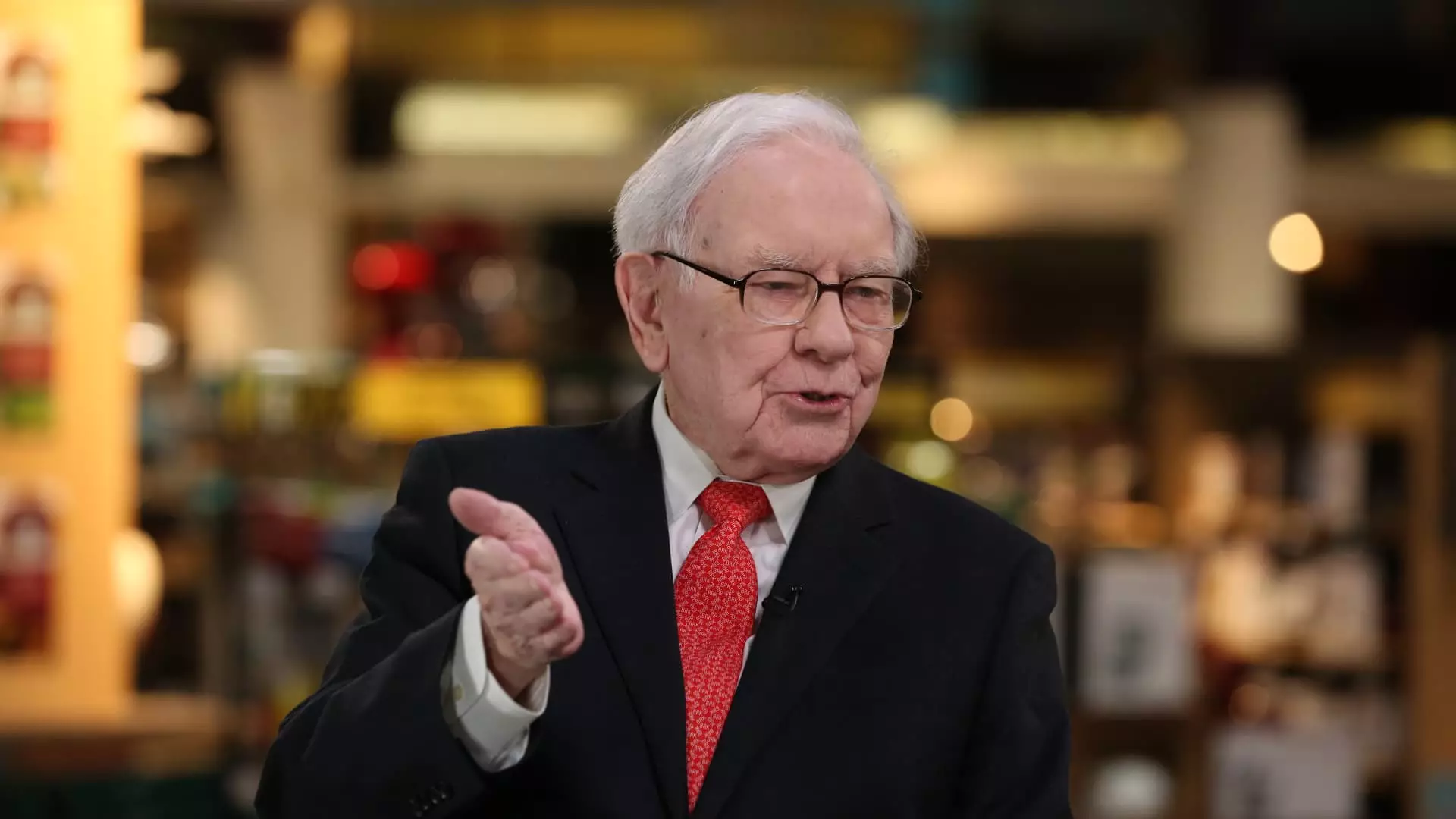As the political landscape shifts with each new administration, the specter of trade wars looms ever larger. President-elect Donald Trump’s initial proposals for tariffs upon assuming office raised alarms among economists and investors alike. Particularly concerning were his threats to impose a hefty 25% tariff on imports from Mexico and Canada, as well as an additional 10% on goods from China. These aggressive measures seemed to be grounded in ideological motives, including addressing issues around illegal immigration and drug trafficking. However, it was evident that the broader ramifications of such a trade approach would extend far beyond political posturing.
The Insights of Warren Buffett
Renowned investor and business magnate Warren Buffett has consistently championed the benefits of free trade. In discussions regarding the potential fallout from Trump’s trade policies, Buffett articulated profound concerns about the global economic landscape. He emphasized that while the advantages of free trade tend to be understated—often overlooked in everyday pricing—this invisibility could lead to stark consequences if tariffs begin to reshape market dynamics. According to Buffett, the immediate impact of tariffs would reverberate through consumer prices, effectively translating into financial burdens for individuals and families.
Buffett pointed out a critical economic truth: tariffs are akin to a tax levied on consumers. This perspective emphasizes how tariffs disrupt traditional purchasing patterns and force alterations in production locations. Many might not realize that the affordability of their clothing or electronics hinges upon the nature of trade regulations in place. An abrupt shift toward protectionist policies, as proposed by Trump, could result in steep price hikes and diminished choices, ultimately leading consumers to feel the pinch of these economic maneuvers almost immediately.
The Role of Leadership in Trade Education
Buffett’s apprehension extends beyond economic statistics; he raises a compelling argument regarding the responsibility of leaders to inform and educate the public about trade policies. History illustrates the significance of effective communication during economic upheavals, a role well exemplified by Franklin D. Roosevelt during the Great Depression. Buffett advocates for a similar, transparent approach in today’s climate, highlighting the need for presidents to engage voters in understanding the complexities and courses of trade negotiations.
As trade tensions mount, the question remains: will the United States find itself entangled in a multi-layered trade war reminiscent of Trump’s previous term? Observers speculate that the president-elect’s provocative stance might serve as a bargaining chip aimed at political leverage, rather than a genuine commitment to entrenched tariffs. Nevertheless, the atmosphere is rife with uncertainty, and the stakes are high. As the world watches closely, the implications of these potential policies stretch far and wide, influencing not only American consumers but the interconnected global economy.


Leave a Reply